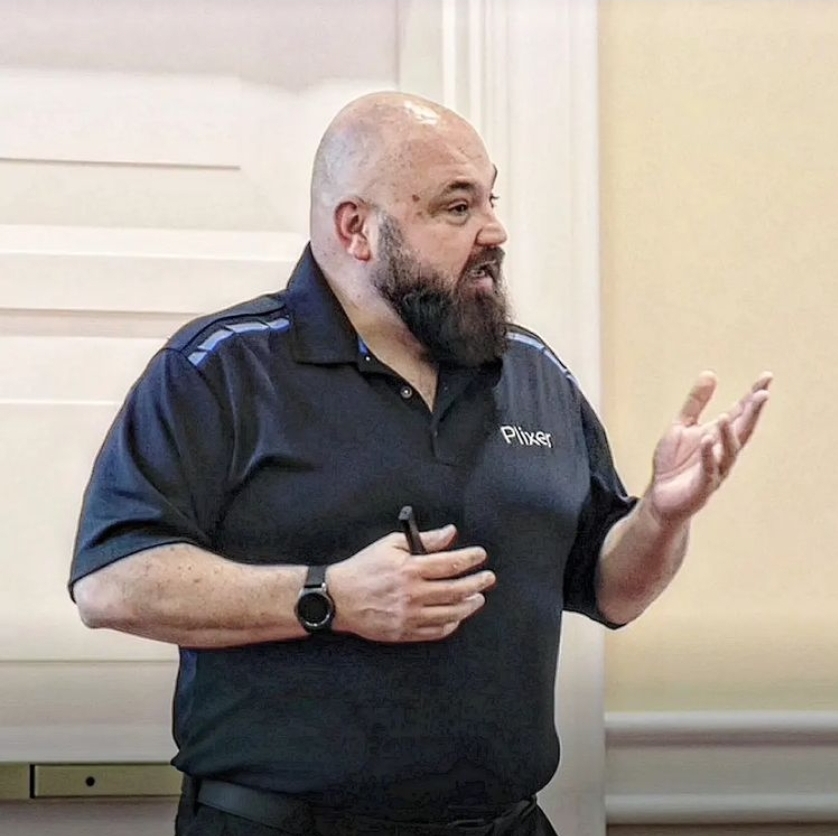People often tell me I’m a personable, engaging speaker. I’ve heard phrases like “you’re so easy to talk to” or “you really know how to explain things well.” These compliments feel great, but there’s a flipside that I’ve started to recognize over time—sometimes, I can lose control of the conversation. I shift from being engaging to, well, overwhelming.
In those moments, what started as a dialogue turns into a monologue, and I can see the listener’s eyes glaze over. They’re not fully with me anymore, and suddenly I realize I’ve been talking too long, too intensely, or too deeply. I’m left wondering: is this just me? Is it ADHD-related, or is it a habit I’ve developed over time? The truth is, it’s probably a mix of both.
The Problem: Why Monologuing Happens
For me, monologuing often stems from one of two things:
- Passion or Expertise: I get so excited about what I’m saying, especially if it’s a topic I’m deeply knowledgeable about, that I want to share everything I know. The problem is, not everyone needs—or wants—that level of detail.
- Nervousness or Insecurity: Sometimes, when I’m uncertain or uncomfortable in a conversation, I tend to talk more as a way to fill the space. Instead of creating a bridge for the other person to jump in, I build a wall with words.
As someone with ADHD, my brain often works in bursts. When I’m on a roll, it’s easy to go deep into a subject without realizing I’ve left the other person behind. It’s almost like I lose track of how much I’ve said, and before I know it, I’m halfway through an unintentional speech.
The Professional and Personal Impact
In personal settings, going into a monologue can make conversations feel one-sided. You might think you’re being informative or entertaining, but to the other person, it can come off as dominating the conversation or even dismissive of their input.
Professionally, it’s more serious. In meetings or presentations, when I slip into monologue mode, I’ve noticed:
- Loss of engagement: Colleagues stop contributing or simply nod along without real interest.
- Missed collaboration opportunities: I realize later that the conversation could’ve been richer if I had invited more participation.
- Harm to credibility: If I talk too much or too long, people might start seeing me as someone who over-explains or loses focus. It can come across as lacking self-awareness, which isn’t the message I want to send.
The Tools I Use to Catch Myself
Over time, I’ve developed a few strategies to prevent conversations from turning into unintentional monologues. These tools have helped me become more mindful, both in personal and professional settings:
1. Intentional Pauses
One of the simplest and most effective tools is using intentional pauses.I’ll stop after a few sentences and take a breath—this gives the other person space to jump in if they want to. If no one does, I’ll ask a question or check in with the group, like, “What do you think about that?” or “Does that make sense so far?”
2. Body Language Awareness
I’ve trained myself to watch for physical cues. If I notice someone’s eyes wandering, their body shifting away, or their phone becoming more interesting than my words, it’s a sign I’ve been talking too long. This helps me check in and adjust the conversation flow.
3. Time Limits for Key Points
Especially in professional settings, I’ve learned to give myself mental time limits. If I’m explaining a concept or sharing an idea, I’ll aim to finish in 2-3 minutes max. If it’s a deeper topic, I’ll break it into chunks and check in with the listener between sections.
4. Pre-Meeting Notes or Agendas
For meetings or presentations, I prepare notes and stick to a rough outline. This keeps me from going off on tangents. I also build in pauses or moments where I actively ask for feedback or questions to create natural breaks.
5. Embracing Silence
In conversations, silence can be uncomfortable, but it’s also powerful. I’ve trained myself to be okay with brief moments of silence rather than filling every gap with more words. This creates room for the other person to process and respond.
Turning a Weakness into a Strength
Breaking the habit of monologuing isn’t easy, especially when it’s tied to your personality, passions, or maybe even your ADHD. But it’s worth it. I’ve found that when I catch myself and create space for others, conversations become richer and more collaborative. I no longer feel like I have to carry the weight of the conversation on my own, and I’ve become a better communicator because of it.
At the end of the day, it’s about balance. Yes, being an engaging, knowledgeable speaker is a strength, but knowing when to listen is just as important.
#CommunicationSkills #ADHDAwareness #ActiveListening #ProfessionalGrowth #SelfAwareness #PublicSpeaking #ConversationTips #WorkplaceCommunication #PersonalDevelopment #EngagementSkills #MindfulCommunication

